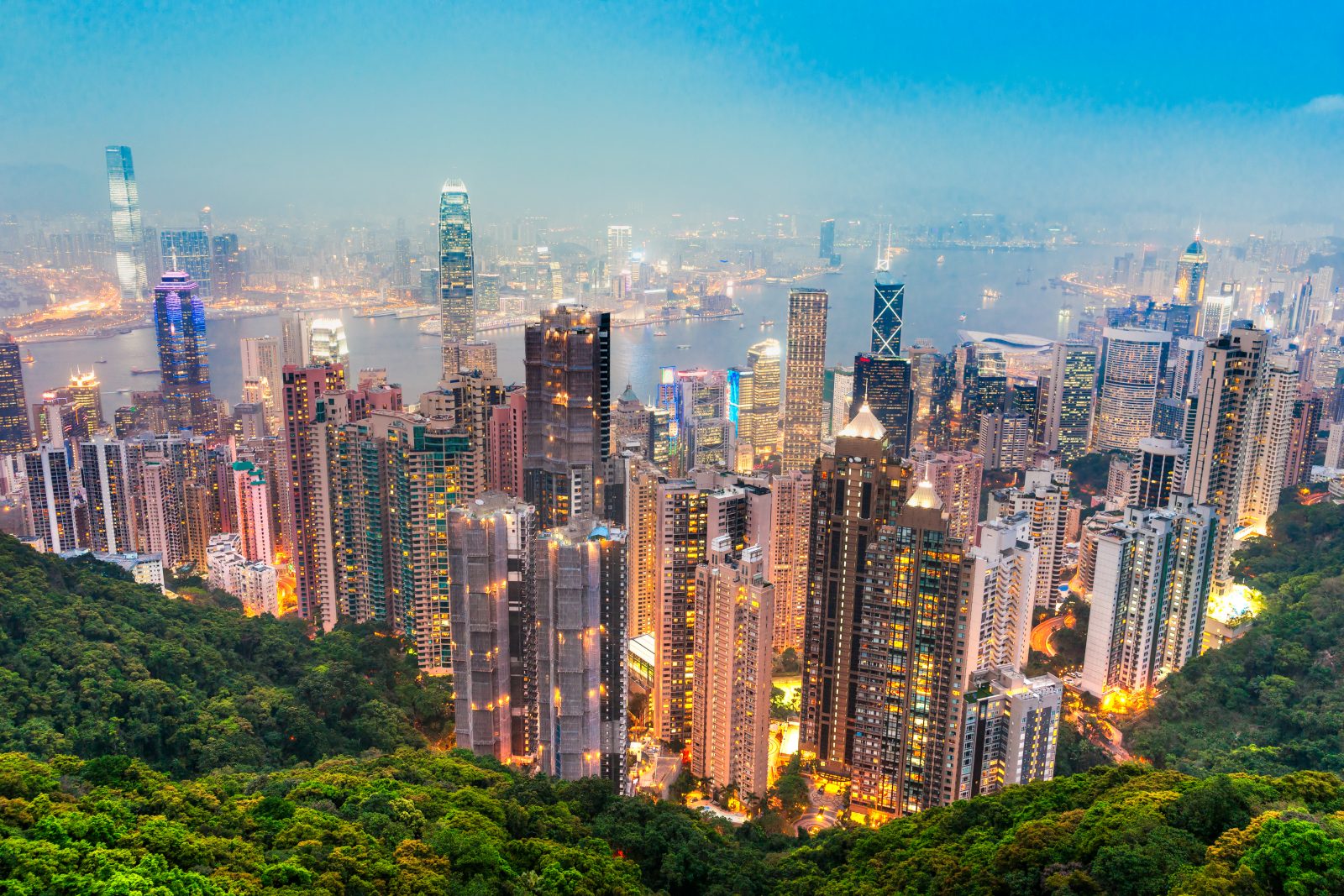
Hong Kong has confirmed that it will ditch its flagship hotel quarantine policy for all international arrivals, but while the government’s change of heart is being lauded as a major step in reopening the territory to the world, most travellers are likely to be put off by the many barriers that remain.
After rumours started to spread about the end of hotel quarantine, Hong Kong’s chief executive John Lee finally announced on Friday afternoon that from September 26, 2022, all international arrivals entering Hong Kong will no longer have to quarantine in a designated hotel.
The landmark decision will see Hong Kong effectively abandon any hope of achieving ‘Zero COVID’ – a divergent policy shift from the mainland where wiping out any trace of COVID remains the raison d’être. But many travellers should still be wary.
Until September 26, all international arrivals will still quarantine in a designated hotel for three days and then undergo a short period of self-monitoring where access to bars, restaurants and other busy public spaces are banned.
From September 26, travellers won’t need to quarantine at all but they will need to self-monitor for three days during which time access to public spaces will be off-limits. Crucially, visitors will also be subjected to four highly-sensitive PCR tests and daily rapid antigen tests (RAT) for seven days.
Travellers will have a sample taken on arrival at Hong Kong International Airport, and then they’ll have to attend community testing facilities on days 2, 4, and 6 for the other PCR tests.
If both the arrival and day 2 test come back as negative, then a mandatory health app will indicate that travellers can then enter busy public settings.
But if any one of these tests comes back as positive, then travellers could find themselves shipped off to Hong Kong’s notorious Penny’s Bay quarantine camp.
The risk is made even worse because Hong Kong will no longer require a pre-departure PCR test and instead just a RAT test. Cheaper and faster RAT tests are great at detecting an active infection, but the PCR tests in use at Hong Kong International Airport can detect prior infection going back months.
Both British Airways and Virgin Atlantic stopped flying to Hong Kong because pilots and cabin crew kept testing positive for COVID-19 on arrival in the territory because the tests are so sensitive.
Still, many Hong Kongers have welcomed the news and Cathay Pacific is now rushing to build capacity to meet an anticipated rush in travel demand. The airline said on Friday that it intends to add more than 200 pairs of passenger flights in October.
“These adjustments will help boost sentiment for travel, thereby facilitating the gradual resumption of travel activities and strengthening of network connectivity to, from and through the Hong Kong aviation hub,” the airline said in a statement.
Related
Mateusz Maszczynski honed his skills as an international flight attendant at the most prominent airline in the Middle East and has been flying ever since... most recently for a well known European airline. Matt is passionate about the aviation industry and has become an expert in passenger experience and human-centric stories. Always keeping an ear close to the ground, Matt's industry insights, analysis and news coverage is frequently relied upon by some of the biggest names in journalism.








Just to correct: If you test posivie after arrival you wont’ be sent to penny bay – instead there will be hotels designated for positve test traveleres (so much better experience)